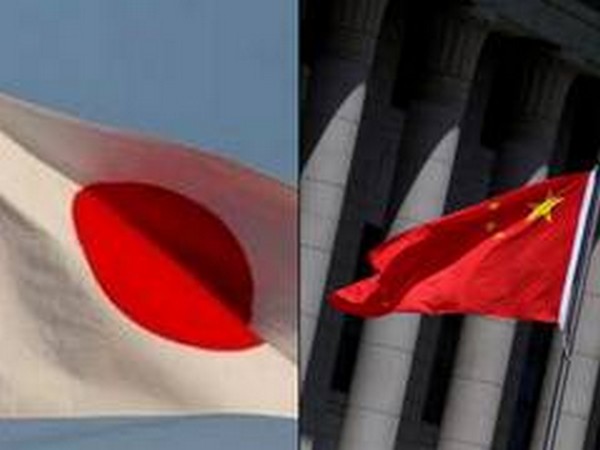Tokyo [Japan], October 14: The Japanese government has become concerned about its economic dependency on China amid intensifying US-China strategic competition, China’s track record of economic coercion and its long-term objectives to secure its own “core interests”, Asia Times reported.
Asia Times is a pan-Asia online news platform covering politics, economics, business.
Japan is now developing economic relations with China through a policy that separates politics and economics or seikei bunri.
The seikei bunri principles for engaging with China economically are giving way to Japanese Prime Minister Fumio Kishida’s new “economic realist” diplomacy.
Policy approaches to address concerns about the impact of politics on Japan’s economic security include selective diversification of supply chains away from China, reshoring, friend-shoring and national technological development, as per Asia Times.
Japan’s political leaders have already committed significant strategic and financial resources to enhance economic security through selectively diversifying supply chains and reducing reliance on China.
Initiatives include the adoption of supplementary budgets for economic security, such as securing domestic production bases for advanced semiconductors. Supplementary budgets have focused on promoting domestic investment to support supply chains and encourage their diversification.
Despite the political and security complexities, the mutually dependent economic relationship remains largely intact and is deepening and highly complementary. There is no replacing China as Japan’s major market for goods and services, as per Asia Times.
Japanese companies have invested heavily in China, particularly in the automobile, electronics and machinery sectors. China is also a major source of low-cost goods and components for Japanese companies. This role has kept prices low and enhanced the competitiveness of Japanese products in global markets.









































